Queensland’s secret shuffle: recycling off to India
Queensland has secretly sent overseas up to 126 million popper containers that it paid residents $12.69m to return.
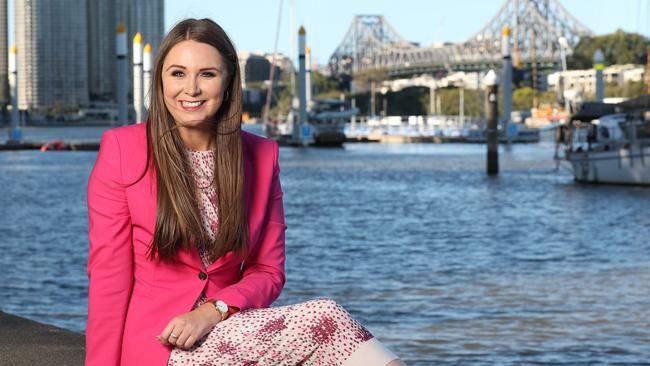
The Queensland government’s signature recycling program has secretly shipped to India up to 126 million drink popper containers that it paid Queenslanders $12.69m to return to recycling centres.
Despite the Containers for Change scheme starting in late 2018, Queensland has no capacity to recycle the poppers, made from liquid paperboard, forcing the government to sell the waste to a private Brisbane company, Genuine Recycling Group.
GRG then exports the poppers to India, where the material is apparently pulped and used for construction.
Queensland Environment Minister Meaghan Scanlon launched a special “Popper Patrol” campaign in April last year, encouraging schoolchildren to return 100 million poppers to recoup $10m in cash, but made no mention of the containers being shipped to India.
The multimedia campaign encouraged children to collect and return the containers, to receive 10c for each, and features the characters of Harry Popper, Dolly Carton, Bruce Juice, and Annie Smith.
“I’m with Bruce Juice today who’s helping us launch the Popper Patrol campaign,” Ms Scanlon said in one of the social media ads.
“This is aimed at trying to get people across Queensland to recycle poppers. There’s about 100 million that go into landfill every year, that’s $10m that families, schools, and community groups are missing out on … so make sure you recycle these products so we can protect our environment.”
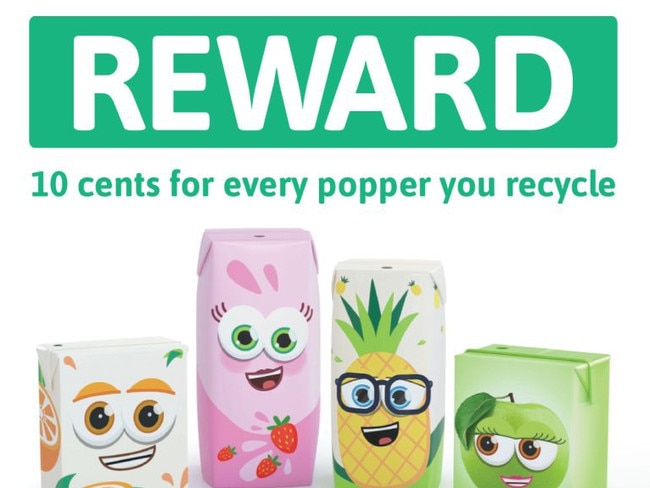
GRG was subjected to an audit last year, but the probe found only that there was “no indications the scheme material was not being recycled” and confirmed the poppers were being exported. But a federal law change next year to prevent Australia shipping its waste offshore will ban the practice.
GRG director Jack Kwong declined The Australian’s request for an interview and said “we do not wish to make comment on our business dealings with the Queensland government or COEX”.
Recycling program REDcycle was suspended last year after it emerged the program was stockpiling and dumping thousands of tonnes of soft plastic collected from Coles and Woolworths.
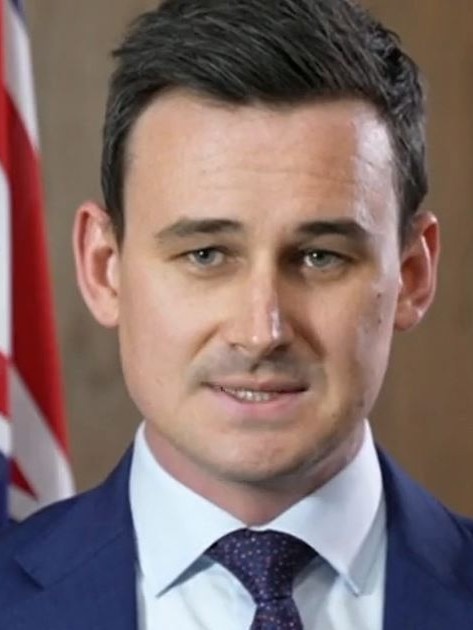
Liberal National Party environment spokesman Sam O’Connor said there was no guarantee the poppers were being recycled.
“Queenslanders have stepped up by returning over 126 million poppers and milk containers for recycling and they didn’t do that to have those items shipped over to India,” Mr O’Connor said.
“The Environment Minister has no idea whether these tens of millions of poppers have actually been recycled.
“The scheme started almost five years ago, so the Palaszczuk government has no excuse for failing to help set up a recycling facility in Queensland.”
But Ms Scanlon said the scheme included audits to “make sure that any poppers collected through our Containers for Change program are recycled, no matter where they go”.
Ms Scanlon announced last month that the government would partner with saveBOARD to build a facility on the Gold Coast to recycle liquid paperboard into new building materials.
“With export bans coming into place next year, we’re doing the work to make sure these products can be recycled locally,” she said.
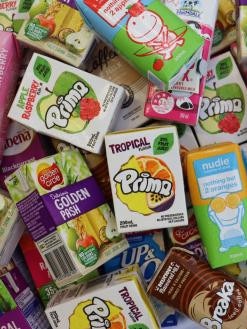
When The Australian first asked questions about popper recycling late last year, a spokesman for Ms Scanlon said only that they were not being recycled in Queensland.
Last year, 6 per cent of liquid paperboard was sold to a NSW recycling plant owned by saveBOARD, with the rest sold to GRG. This year, 100 per cent of the material has been sold to GRG.
“GRG is a large purchaser of cardboard and fibre and export the material to overseas markets where it is pulped and used for construction and other applications,” Ms Scanlon said.
When the Palaszczuk government launched the Containers for Change scheme in 2018, its top goal was listed as eliminating drink containers in landfill and the Queensland environment.
The scheme accepts most aluminium, glass, plastic, steel and liquid paperboard drink containers.
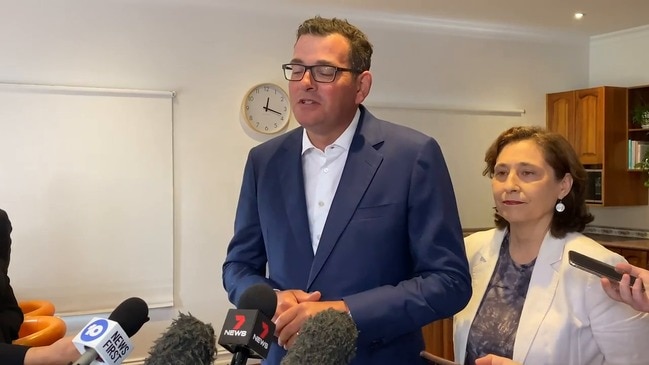
When consumers take them to a refund point, they receive 10c for each container.
The initiative is funded by beverage manufacturers, based on the number of eligible containers sold in the state each month. Manufacturers are required to contribute the most for liquid paperboard containers: 13.9c per beverage sold in Queensland, excluding GST.
Containers for Change will be expanded this year to accept glass wine and spirit bottles.
Before the scheme started in 2018, only 18 per cent of containers were being recycled, and 44 per cent of Queensland’s litter was drink containers. Now, an estimated 65 per cent of containers are being recycled, and 7.3 billion containers have been returned since 2018.
Queensland was the fifth Australian jurisdiction to introduce a container return scheme.
Victoria will start a container refund program in November, and only Tasmania has yet to commit.
According to the Container Exchange annual report for 2022, 620 tonnes of liquid paperboard was recycled in that year.



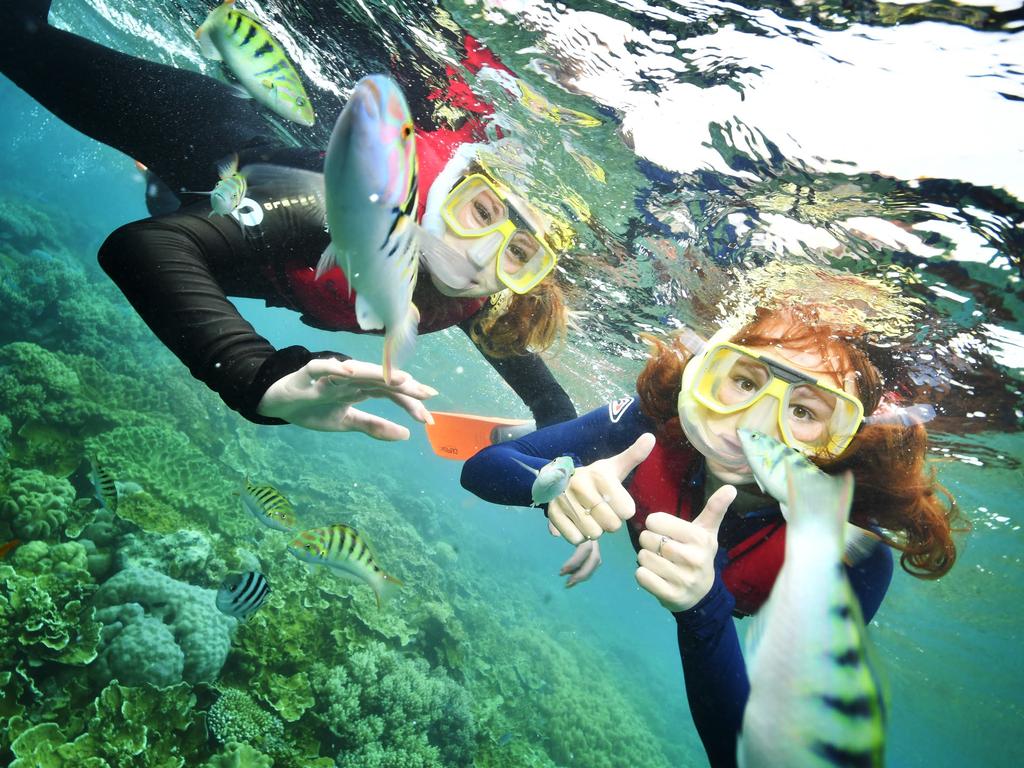
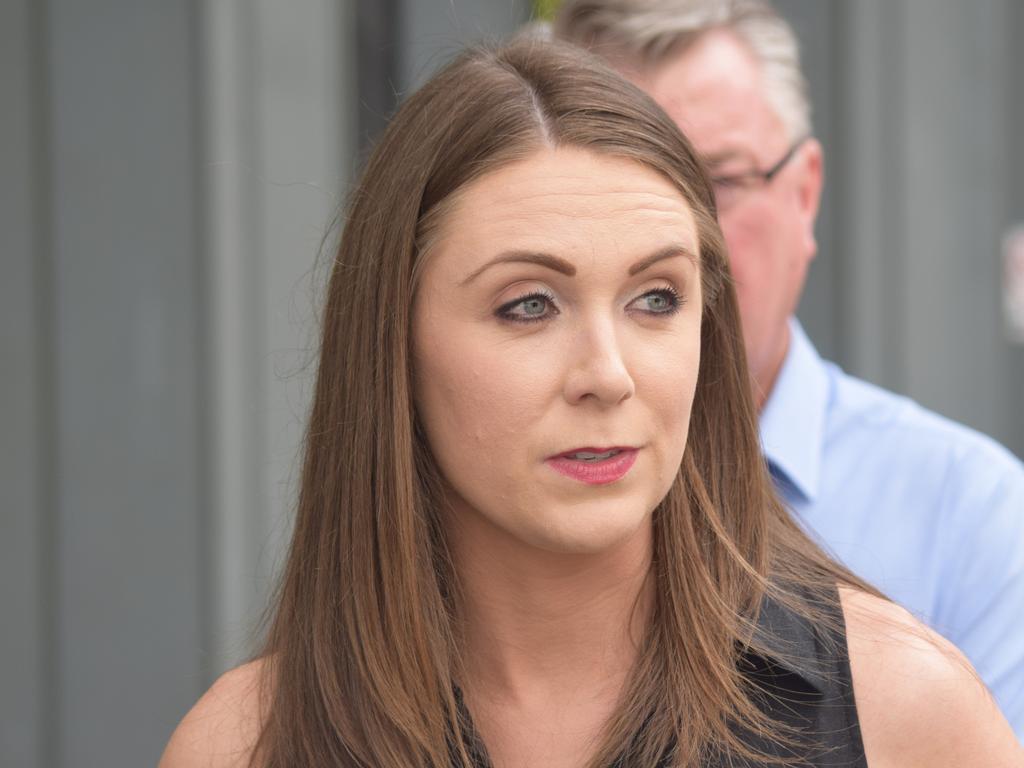
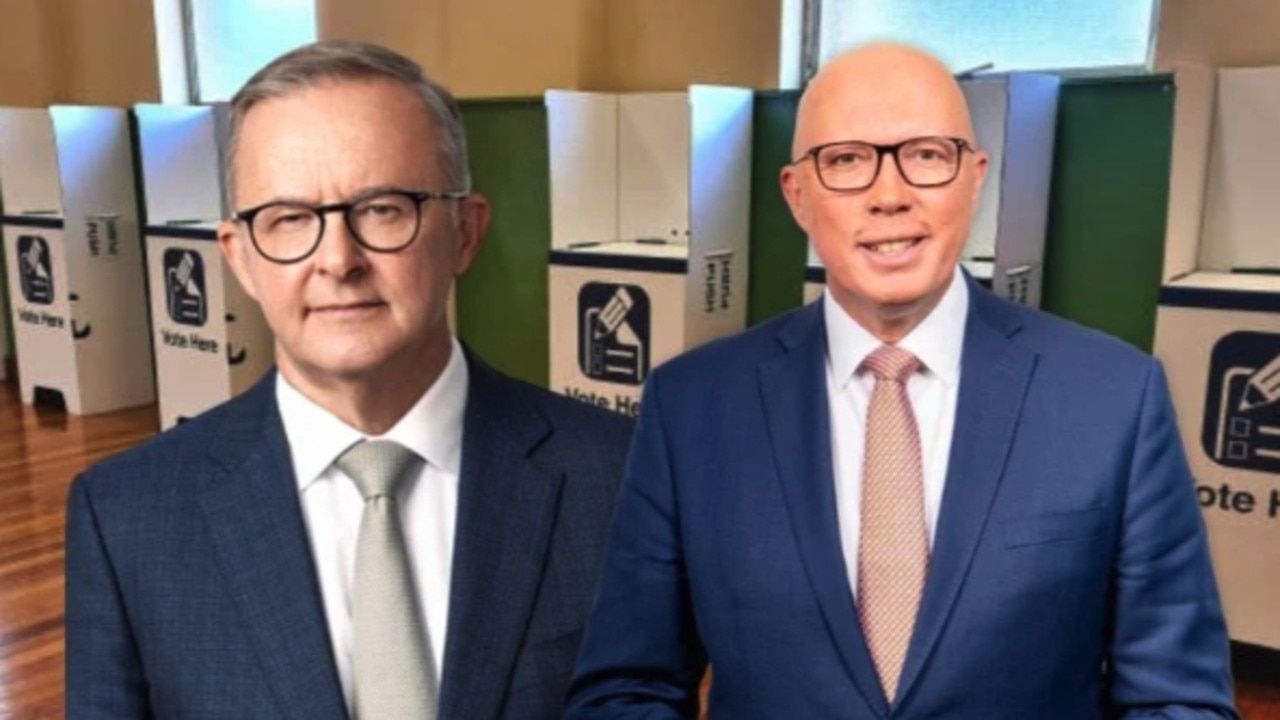
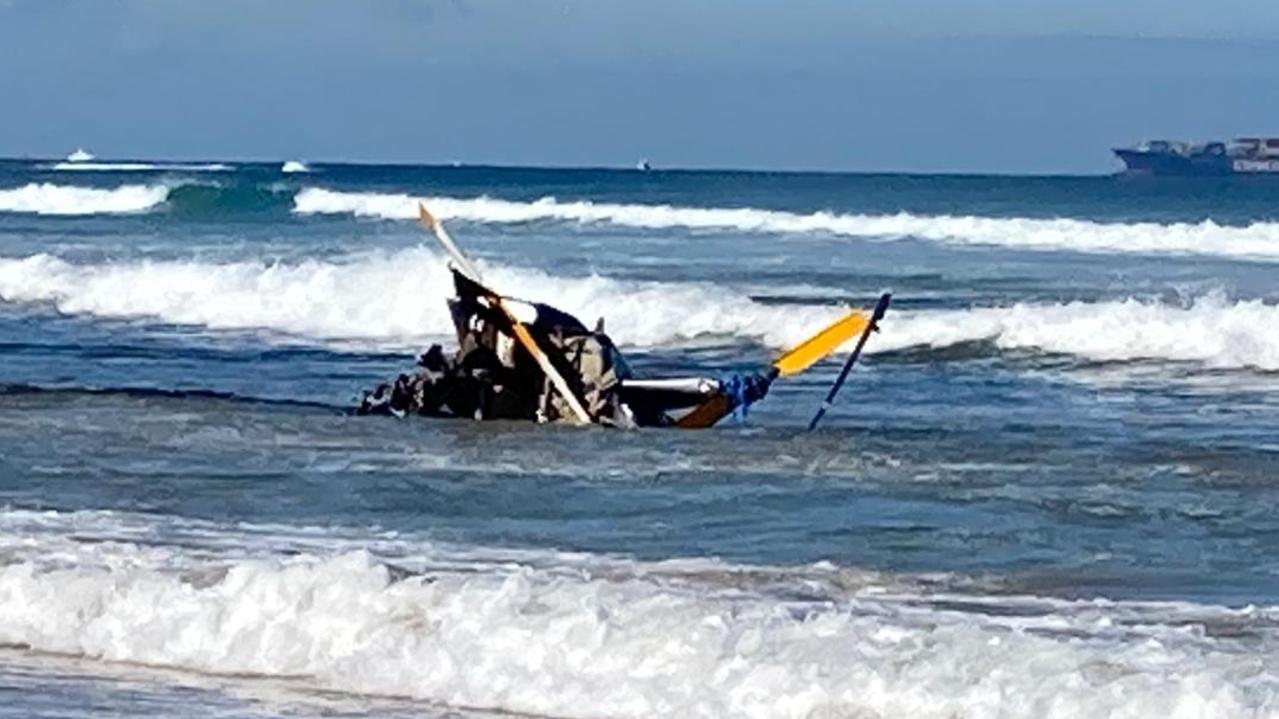
To join the conversation, please log in. Don't have an account? Register
Join the conversation, you are commenting as Logout